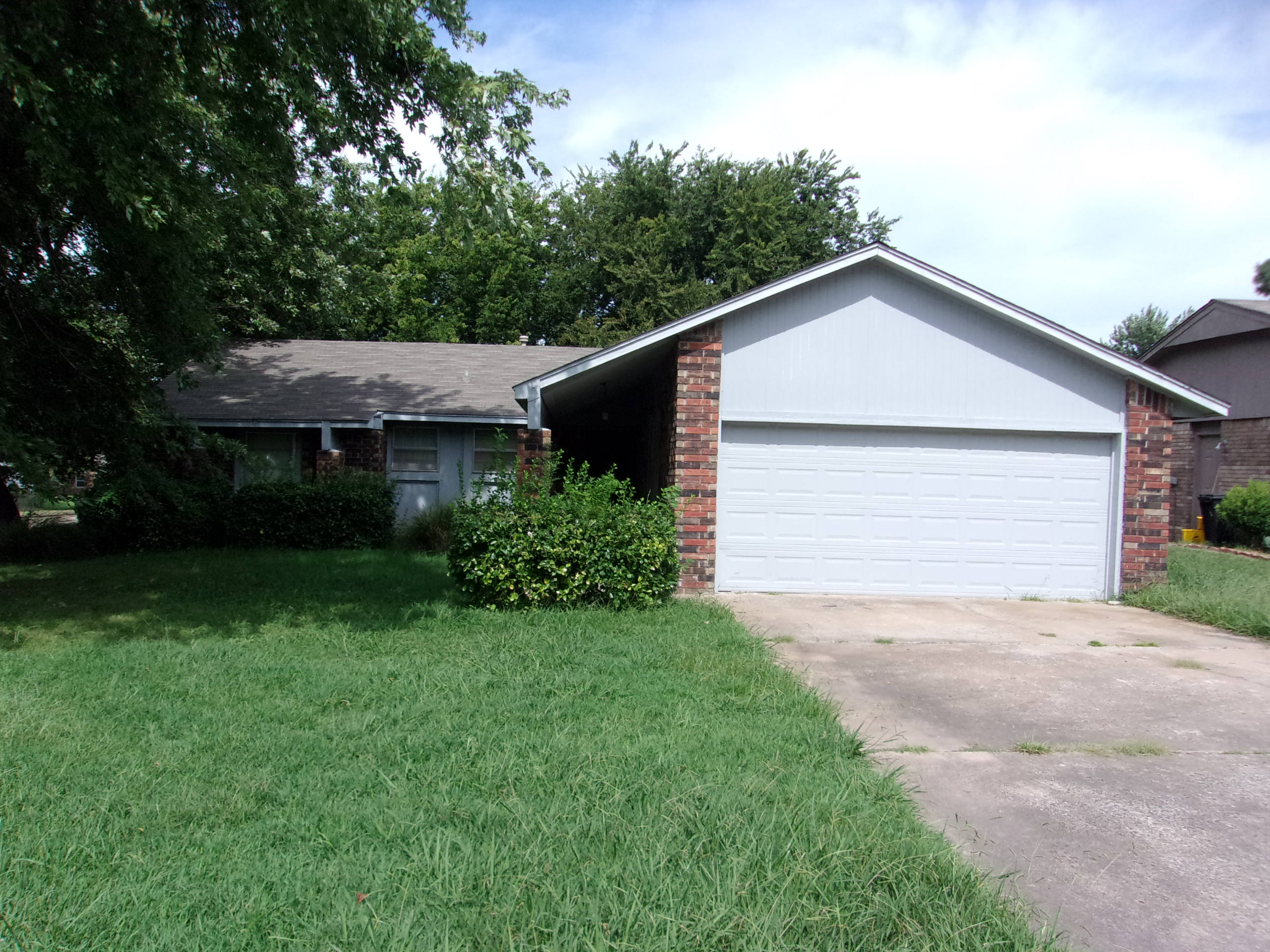 When you decide to take on the role of real estate investor, you are faced with a slew of choices to make and questions to ask. The strategies you employ as a real estate investor are extremely significant in terms of future opportunities, risk management, and how hands-on you have to be. For the new real estate investor, the first choice you make is whether or not to invest in the short-term or in the long-term.
When you decide to take on the role of real estate investor, you are faced with a slew of choices to make and questions to ask. The strategies you employ as a real estate investor are extremely significant in terms of future opportunities, risk management, and how hands-on you have to be. For the new real estate investor, the first choice you make is whether or not to invest in the short-term or in the long-term.
Buy-and-hold investing is long-term, whereas flipping would be a short-term investment. Within buy-and-hold investing, there are also short-term and long-term versions depending on your rental properties.
At REI Nation, it’s no secret as to what model we prefer — we’re a premier turnkey real estate investment company for a reason. We know that long-term investing not only works, but it greatly reduces your overall risk.
But let’s talk about it — what are the pros and cons of short-term investing versus the pros and cons of long-term investing?
By the end, you will see precisely why we subscribe to a buy-and-hold investment model.
Short-Term VS Long-Term Real Estate Investing
Short-Term Investment Pros
Quick Profits
One of the most attractive qualities in a short-term real estate investment is that you turn a profit relatively quickly. After buying and renovating a property, you can pocket your investment income within a few months. This is certainly an attractive prospect for some investors who are looking for a more fast-paced mode of investing.
Excitement
There’s no doubt a thrill to short-term investing. Owners tend to be more involved in the process. Those who invest in this way no doubt enjoy the hunt and the results of a successful flip. It is a high-energy, highly active way to invest, which is attractive for certain investors.
Short-Term Investment Cons
Relies on Luck & Timing
One of the biggest failings of the short-term investment model is how much it relies on perfect timing...even luck! In some ways, this type of investment can seem more like gambling than anything. So much of the risk comes from the multitude of factors that can change and change quickly.
For one, investors have to target the perfect properties in the right places. They’re looking for low-cost properties in up-and-coming areas. Because investing is more popular than ever, this can be a challenge. Investors can spend (and waste) a lot of time finding the right deals. There’s a level of unpredictability to a short-term investor’s income.
Be sure to check out: The Real Advantages of Buy and Hold Investing
Even then, if the right property is found and the market poised for quick appreciation, there’s no guarantee that it will sell when you need it to. The longer a short-term investor holds onto a property, the more ongoing costs eat into profits.
Due to the ever-changing nature of the real estate market, to time it right is to be constantly ahead of the next big thing.
Typically Hands-On
Being a hands-on investor isn’t inherently a bad thing. In fact, some investors prefer it. That said, they do demand a lot of time and energy from the investor. For many of us, we invest to build a retirement and to have additional income alongside our careers. The most successful short-term real estate investors make it a full-time job — and few can afford to do so with the risk associated with them.
Not as Profitable as They Seem
Short-term rentals sound good. You buy low, sell high, earn a profit. However, this fails to take into account other costs associated with flipping. Between buying the property, closing costs, property taxes (which cost an owner each month the property is held), renovation costs and capital gains taxes...a flipper is fortunate to see a few thousand dollars in real profit when it’s all said and done.
Demands Experience
We’ve mentioned that this type of investment demands a high level of experience. This is because assessing a market, assessing a property, and executing a flip to maximize profits is tricky. There are many variables (including luck) that can affect your ability to turn a profit.
Long-Term Investment Pros
Reduced Risk
Investing in real estate over time reduces your risk. You’re not at the mercy of the market, you don’t have to perfectly time any sales. Not only does buy-and-hold real estate hedge against inflation, but investors reap the benefits of tax deductions, passive income, equity growth, and appreciation (among other things). There is considerably less risk associated with this method.
Turnkey Options
Part of risk reduction has to do with how you invest long-term. The best way to mitigate risk is to go turnkey. A turnkey provider such as REI Nation does the hard work of vetting markets and properties, performing renovations and maintenance, and even finding and placing residents. They help you plan your portfolio, reduce turnover, and ensure that you, as the owner, don’t have to worry about the day-to-day.
At one time, investors had to do it themselves — land-lording, finding contacts, making deals...not so anymore! With a turnkey provider on your side, there is far less room for error and far less time and energy demanded.
Steady Passive Income
Between long-term equity and appreciation, passive income is a major benefit in a buy-and-hold investment strategy. Where a short-term investment yields once, buy-and-hold investments yield profits as long as you hold the properties. As your mortgage diminishes and long-term tax benefits increase, that passive income becomes more significant.
Long-Term Investment Cons
Requires Patience
It’s there one thing long-term investing won’t do, it is making investors rich quick. It’s a model that demands patience and true commitment. You won’t get rich overnight — but by steadily building your portfolio, you can find lasting wealth for the future.
Front-End Expenses
We’ll be honest: turnkey real estate can be expensive. You have the same costs associated with a short-term rental. The good news? Many of those expenses are one-time costs. Because of this, even with maintenance, taxes, insurance, and other long-term costs, you can effectively “outlast” the effects of these expenses and make more money than you would in a flip — even with ongoing fees in the equation.
At the end of the day, not only does a long-term investment strategy carry less overall risk, but, in time, it builds a portfolio (and wealth) more robust than that of short-term investments.
Invest in world-class markets with REI Nation — headache and hassle-free!












